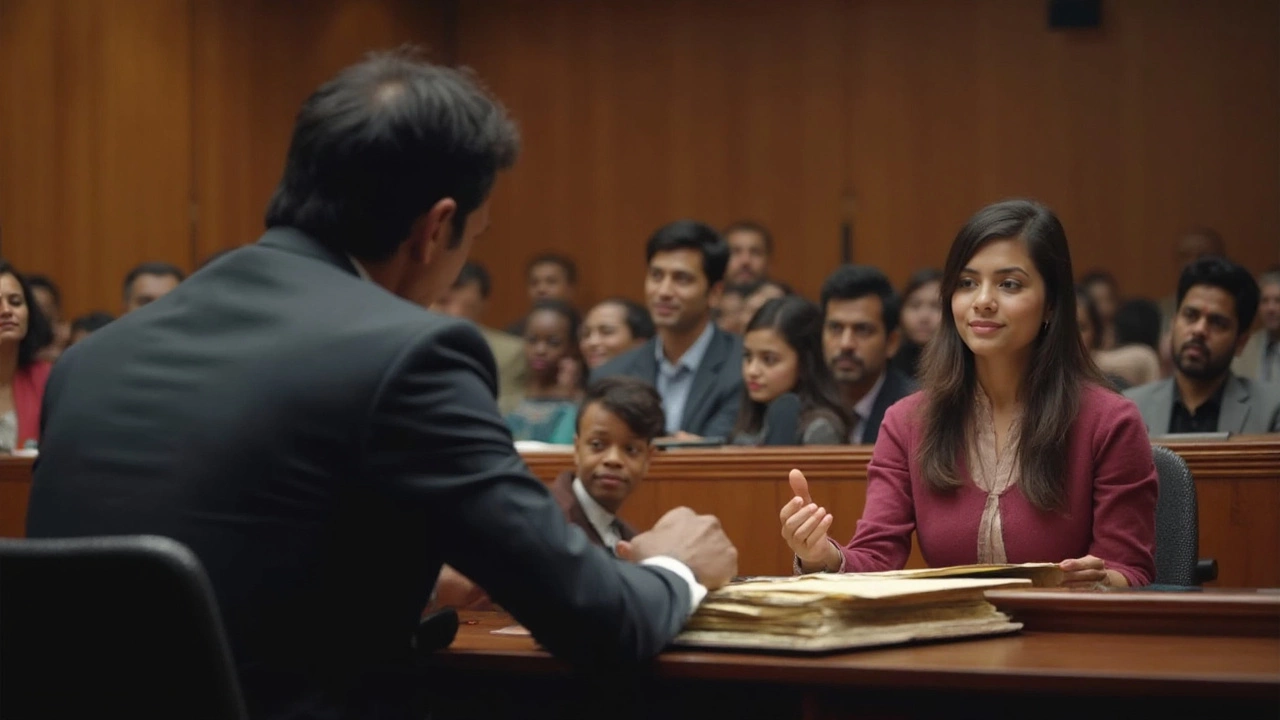Signs of Bad Lawyer: Spot Red Flags Before You Hire
Hiring a lawyer is a big decision, but not every lawyer is worth your money or trust. You don’t have to wait for a courtroom disaster to know you’ve made a mistake. Below are the most common signs that a lawyer might be bad at their job, and what you can do about it.
1. No Clear Communication
If your attorney never returns calls, emails take days to get answered, or they use legal jargon without explaining it, that’s a warning sign. Good lawyers keep you in the loop, even if the update is just “nothing new yet.” When you feel left in the dark, ask for a timeline and a preferred contact method. If they ignore that request, look elsewhere.
2. Missed Deadlines and Disorganized Files
Legal matters run on strict deadlines. A lawyer who forgets filing dates, loses paperwork, or asks you for the same document repeatedly is not organized enough for your case. During the first consultation, notice whether they have your files ready and whether they can clearly outline the next steps. Disorganization often leads to lost chances and extra costs.
3. Overpromising Results
Any attorney who guarantees a win or tells you exactly how much money you’ll get is sounding too good to be true. Law is uncertain; even the best lawyers can’t promise outcomes. A realistic lawyer will discuss possible scenarios, risks, and the best‑case versus worst‑case outcomes.
4. Charging Unclear Fees
Beware of lawyers who give vague fee structures, change rates mid‑case, or refuse to put costs in writing. Transparent billing—whether hourly, flat‑fee, or contingency—protects you from surprise invoices. Ask for a detailed fee agreement before signing anything.
5. Lack of Experience in Your Specific Issue
Someone might be a great litigator but have never handled a family law matter, a property dispute, or a consumer rights case. Check their track record in the exact area you need help with. A specialist will know the nuances that a generalist might miss.
6. Unprofessional Behavior
Showing up late to meetings, dressing inappropriately, or speaking disrespectfully to you or the court signals a lack of professionalism. A lawyer should treat you with respect and act responsibly in all settings.
7. No Strategy or Plan
If your attorney can’t explain the strategy for your case in simple terms, you’re missing the roadmap to success. Good lawyers outline each phase, what they’ll do, and why it matters.
8. High Client Turnover
Frequent staff changes or a revolving door of junior lawyers handling your file can mean the firm isn’t stable. Consistency matters; you want the person who knows your case from start to finish.
9. Negative Reviews or Disciplinary Actions
Do a quick search for client reviews or check the bar association for any disciplinary records. While a single bad review isn’t fatal, a pattern of complaints about the same issues should raise red flags.
10. They Pressure You to Settle Quickly
Sometimes a lawyer pushes for a fast settlement to collect fees sooner. While settlements can be wise, a rushed deal that isn’t in your best interest indicates they may care more about money than your outcome.
**What to Do If You Spot These Signs**
First, trust your gut. If something feels off, schedule a second opinion. Bring a friend or family member to the next meeting for an extra perspective. Finally, don’t hesitate to end the relationship—most lawyers will provide a final bill and return your documents.
Choosing the right lawyer saves you time, money, and stress. By watching for these signs, you can protect yourself and keep your legal matters on track.

What Is a Bad Lawyer Called? How to Spot and Avoid One in Family Law
Ever wondered what makes a lawyer 'bad,' especially in family law where mistakes can cost big? This article breaks down the real-world labels for poor legal pros, the true warning signs of weak representation, and what sets the good ones apart. You'll get practical tips to spot the red flags early. Learn how to protect your case and yourself from the fallout of lousy legal help. No fluff—just straight talk drawn from real scenarios.